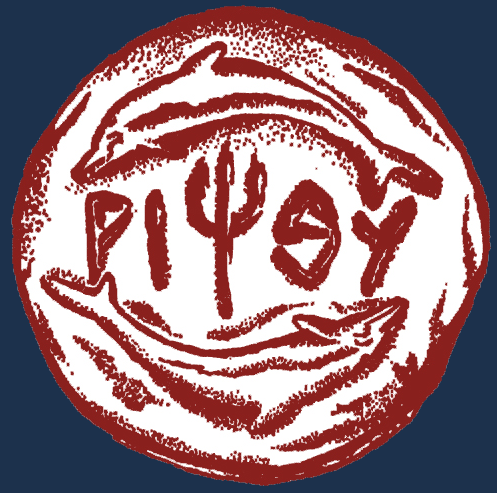Sofia Triliva
- Department of Psychology
- Office: Α1.102 1st Floor , Building Α1
- 28310 - 77542
- triliva@uoc.gr
- Full CV
- Profile
- Research
- Publications
- Teaching
Brief CV
After completing her doctoral degree and clinical post-doctoral training at the Graduate School of Applied and Professional Psychology at Rutgers University, in New Jersey Sofia Triliva has been teaching at the Department of Psychology, University of Crete since 1990.
Research Interests
Sofia Triliva’s research focuses on community practices found to enhance wellbeing through dialogue that challenges oppressive social, relational, and cultural conditions, and which can lead to group solidarity and reciprocity. During the past ‘crisis’ years, her research has focused on how mental health services and professionals perform their work in contexts where socioeconomic upheaval prevails and on the effectiveness of systemic, group, and community approaches to intervening in such circumstances.
Research Grants
- Horizon 2020, European Commission: Moving-Mountain Valorization through Interconnectedness and Green Growth [2020-2024]
- European Commission: SIGMA-Nexus – Sustainable Innovation and Governance in the Mediterranean Area for the WEF Nexus [2020-2024]
- Erasmus + : EMBRACE HE- Enabling Mental Health Benefits: resilience, achievement, competencies and engagement in improved higher education policy and practice for student wellbeing [2019-2022]
- European Commission: Mentally- Improving access to mental health care and mental health literacy [2016-2019]
EU Operation Programme “Crete” : System for Monitoring the Labour Market and Identifying Skills Demand [2014-2020] - Marie Curie Actions: Global Perspectives on Learning and Development with Digital Video-Editing Media: A Qualitative Inquiry in Everyday Lives of Marginalized Young People [2012 – 2014 ]
Selected Publications
- Fragkiadaki, E., Triliva, S., Natsopoulou, O., & Tzanakis, E. (2019). From social workers to socio-therapists: the transformative journey of substance abuse therapists. Journal of Social Work Practice in the Addictions.
- Karakoula, P. & Triliva, S. (2019). Self-experience from addiction to recovery: a qualitative study. International Journal of Psychosocial Rehabilitation. Vol 22 (2), 114-131.
- Vavvos, A., & Triliva, S. (2018). The neo-liberal myth of austerity: debt and solidarity in the forefront of public space. Journal of Social and Political Psychology, 6(2), 315-330.
- Sools, A., Triliva, S., Fragkiadaki, E., Tzanakis, M., & Gkinopoulos, T. (2018). The Greek Referendum Vote of 2015 as a paradoxical communicative practice: a narrative future-making approach, Political Psychology, 39(5), 1141-1156.
- Kyriakidou, N., & Triliva, S. (2018). The constant “tug of war” in mental health care in Greece, Mental Health Review Journal, 23(3), 121-130.
- Triliva, S., Varvantakis, C., & Dafermos, M. (2015). YouTube, young people, and the socioeconomic crises in Greece. Information, Communication and Society, 18(4), 407-423.
- Triliva, S., Fragkiadaki, E. & Balamoutsou, S. (2013). Forging partnerships for mental health: The case of a prefecture in crisis ravaged Greece. European Journal of Psychotherapy, Counselling and Health, 15(4), 375-390.
- Triliva, S., Xarli, P., & Spinthaki, A. (2012). Nurturing teachers’ identities: From learning to teaching [in Greek]. Thessaloniki: Epikentro.
- Triliva, S. & Anagnostopoulou, T. (2008). Experiential learning: A handbook for mental health professionals and educators applying mental health promotion programming [in Greek]. Athens: Topos.
- Triliva, S., Anagnostopoulou, T., & Hatzinikalaou, S. (2008). Neither better nor worse just different [in Greek]. Athens: Gutenberg.
Courses offered at the Undergraduate Level
- Psychopathology of Childhood and Adolescence (PSY-3614)
- Community Psychology Lab: Research and Praxis (PSY-4704)
- New Media in Clinical Psychology (PSY-3621)
Courses offered at the Postgraduate Level
- Lab Course: Postmodern Family Therapy Interventions in Substance Abuse and Addiction
- Lab Course: Family therapy intervention techniques in recovery from substance abuse
- Family assessment and Intervention: A Hybrid Lab Course (Collaboration with Dr. Bita Ghafoori, California State University, Long Beach

